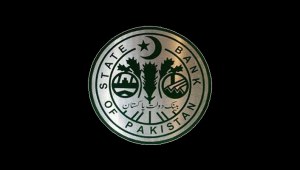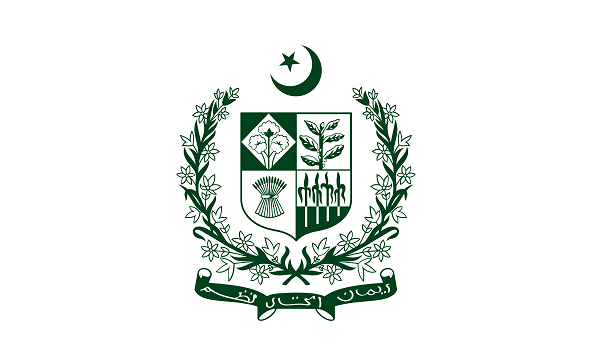Lahore: Chief Minister (CM) Punjab Maryam Nawaz Sharif has given in-principle approval to the ‘Roshan Gharana’ programme, which aims to provide solar panels to households consuming up to 500 units of electricity, as reported on July 9.
Read: March 2024 Roshan Digital Remittances Inflow Reaches $7.66 Billion
According to the details, CM Maryam Nawaz Sharif announced, “The Punjab government will offer solar systems to millions of consumers using between 50 to 500 units of electricity. The government will cover 90% of the cost, with the remaining 10% to be paid by the consumer.” A cabinet meeting has been scheduled for Tuesday to formally approve the ‘Roshan Gharana’ programme. The initiative comes in response to rising electricity costs and the ongoing energy crisis. The solar panels will be provided on easy instalments over five years, easing the financial burden on consumers. “We will not leave people alone in difficult times. We aim to mitigate the impact of past challenges,” the CM stated. In the first phase, solar systems will be distributed to the poorest families through a transparent process. The instalment amounts will be lower in winter, and the government will be the sole supplier of the panels. The proportion of government electricity and solar-generated electricity will be determined based on users’ needs.
Read: Punjab CM Inaugurates Gujranwala Expressway from Lahore to Sialkot
Additionally, CM Maryam Nawaz Sharif chaired a meeting of the provincial Apex Committee, attended by the Commander Lahore Corps, Chief Secretary Punjab, IG Police Punjab, and other senior government, intelligence, and military officials. The committee reviewed the security situation in the province and discussed measures for public safety and national security, in line with the revised National Action Plan. The committee also reviewed security arrangements for foreign nationals, including Chinese employees on CPEC and non-CPEC projects. An elaborate security plan for the month of Muharram was also discussed, ensuring peace and harmony through the use of high-tech monitoring and a tiered deployment of security forces.









Aslam o aliykum